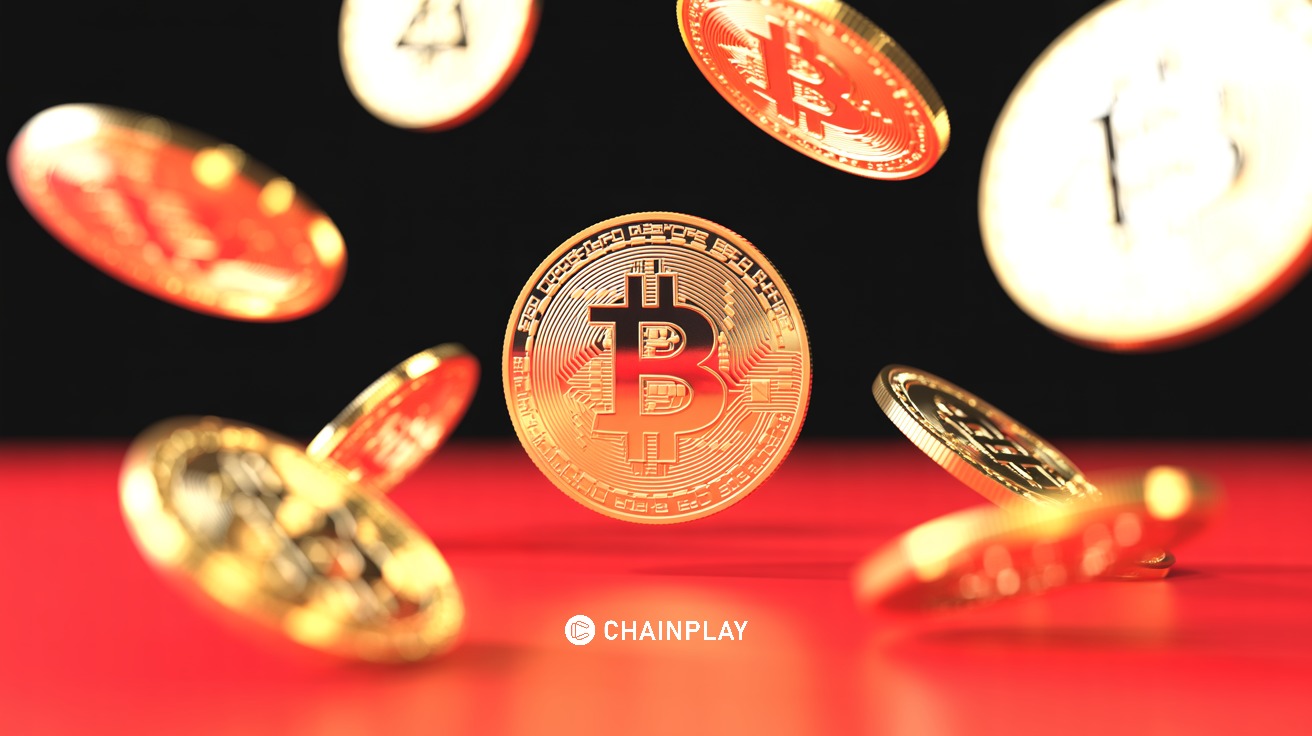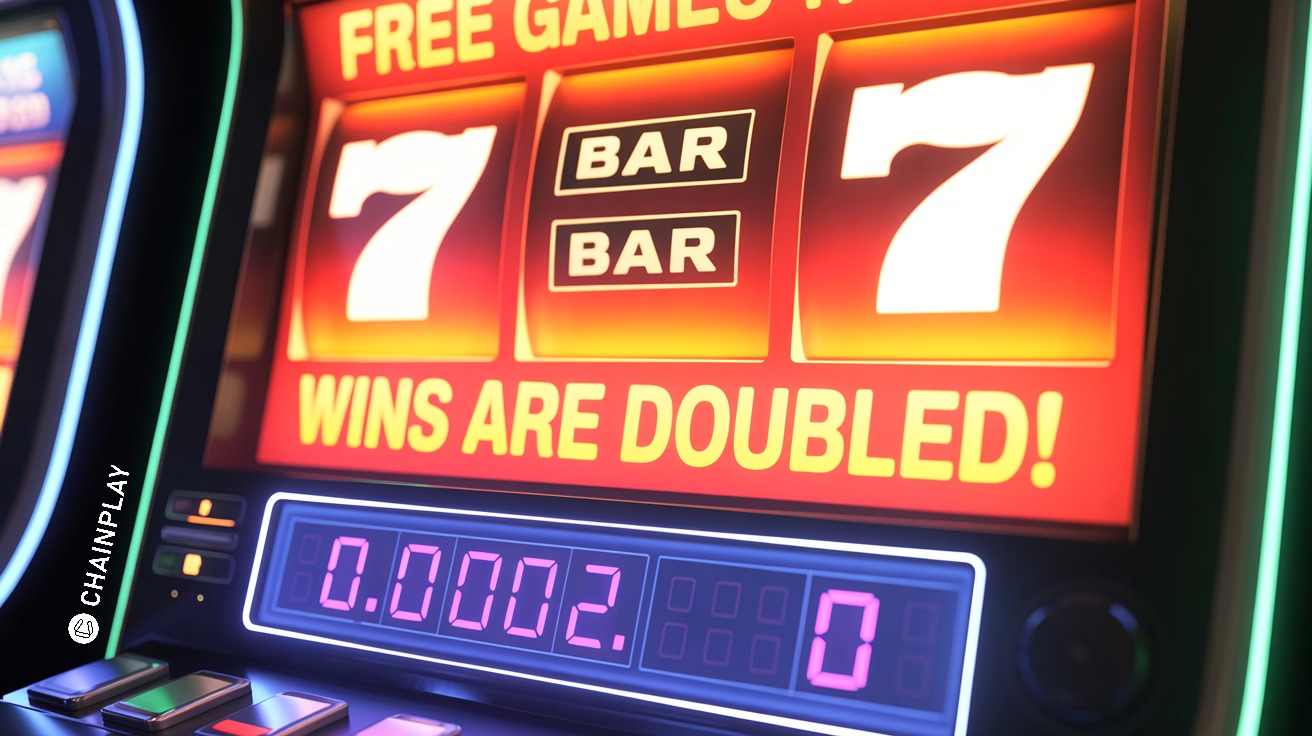News
El Salvador Defies IMF Again With Fresh Bitcoin Purchase Following Loan Review
ChainPlay
•
one month ago
Share :

El Salvador is back in the headlines. Once again, it's for doing what global financial institutions wish it wouldn’t, which is buying more Bitcoin. On Tuesday, the country quietly added eight more BTC to its national reserves. The timing was just hours after the International Monetary Fund (IMF) finalised a loan review urging El Salvador to stop acquiring crypto. It was a move that surprised no one watching closely.
President Nayib Bukele and his administration have made it clear that they’re not backing down on Bitcoin. This week’s purchase sends another strong signal that El Salvador is still betting big on crypto, despite global pressure to change course.
IMF Says "Pause" While El Salvador Buys
The IMF wants El Salvador to pause Bitcoin accumulation. That request was baked into a $1.4 billion Extended Fund Facility (EFF) agreement. The deal includes a July deadline to wind down the government’s involvement in the state-run Chivo wallet and to hold the current amount of Bitcoin. El Salvador didn’t just ignore the advice; it did the opposite.
The country’s Bitcoin Office, which operates somewhat independently from the broader fiscal sector, confirmed the new purchase on social media. It added eight more bitcoins, bringing the national stash to nearly 6,200 BTC, currently worth more than $674 million, according to Arkham Intelligence. This keeps the government’s steady accumulation strategy alive, just more discreetly.
A Legal Loophole?
How does the country keep buying Bitcoin without technically violating the IMF deal? It’s all about legal structure. The Bitcoin Office, while funded and backed by the state, operates outside the formal fiscal sector covered by the IMF's performance criteria. So when the IMF says “no more Bitcoin accumulation by the fiscal sector,” El Salvador can respond, truthfully, “we’re not.” It’s a fine line. But in politics and finance, fine lines matter.
IMF Western Hemisphere Director Rodrigo Valdes acknowledged this grey area back in April. Speaking at a press briefing, he confirmed that El Salvador was technically staying within the rules. "In terms of El Salvador, let me say that I can confirm that they continue to comply with their commitment of non-accumulation of Bitcoin by the overall fiscal sector,” he said.
That doesn't mean the IMF is happy.
Tensions Beneath the Surface
The IMF has been uneasy about El Salvador’s Bitcoin ambitions since the beginning. In 2021, when Bukele made Bitcoin legal tender, global headlines exploded. Critics called it reckless. The IMF and World Bank both raised alarms.
Since then, there’s been a slow but steady back-and-forth. The IMF dangles financial aid. El Salvador nods, adjusts policies on paper, but continues its crypto march in practice.
This week’s new BTC buy is the latest chapter. Behind the scenes, the stakes are huge. The IMF’s $1.4 billion deal isn’t just about Bitcoin. It’s part of a much broader recovery plan. If El Salvador hits its targets, the deal could unlock another $2 billion in support from development banks. That’s essential for a country still struggling with debt levels at 85% of GDP. However, Bitcoin remains the elephant in the room.
Bukele’s Bitcoin Bet
President Bukele has built much of his global image around Bitcoin. He tweets about it. He buys dips. He wears the laser eyes.
Despite criticism, he has turned El Salvador into a test case for national-level Bitcoin adoption. He believes the digital currency is a way to break free from dependence on the U.S. dollar and international lenders, but his strategy has always been bold and risky.
In early years, the Chivo wallet rollout was marred by bugs and low adoption. Bitcoin’s price volatility made budgeting difficult. While early purchases were made when BTC traded much higher, the average cost of El Salvador’s holdings still sits underwater, though narrowing thanks to recent price rallies.
Still, the recent legal reforms made one quiet concession. Bitcoin is no longer a mandatory legal tender. It remains optional. That satisfied IMF conditions without stripping away Bukele’s core message.Smart politics, even if not everyone’s convinced.
What’s in the IMF Deal?
Beyond the crypto tug-of-war, the IMF agreement includes serious economic reforms. El Salvador is committing to:
- Fiscal discipline
- Debt management
- Inflation control
- Structural benchmarks for financial governance
So far, the IMF says El Salvador is doing well on most fronts. Inflation is down. Revenue collection has improved, and the macro outlook looks better than it did a year ago. But the IMF is watching closely. Its July deadline for winding down public crypto programs is still active. And Bitcoin remains a sticking point.
Why Keep Buying?
With just eight coins added this time, the move might seem minor but symbolic. It shows El Salvador isn’t giving up on Bitcoin, even under pressure. With small, regular buys, the country can keep accumulating without drawing too much attention. It also avoids dramatic financial exposure all at once.
This “slow drip” strategy might be smart. It helps dollar-cost average into the position. It keeps up appearances for crypto supporters. And it technically doesn’t violate IMF criteria.
That said, critics argue it sends the wrong message. Why flirt with controversy during a delicate financial recovery?
The Bigger Picture
The debate over El Salvador’s Bitcoin policy isn’t just about one country. It’s a clash between two visions.
On one side, the IMF represents the traditional global financial system. It’s cautious, rules-based, and driven by economic models that don’t leave much room for Bitcoin’s volatility. On the other, El Salvador and Bukele, a president trying to rebrand his country as a crypto-forward nation. He wants to be seen as a rebel, shaking off old systems and embracing a digital future.
So far, both sides are playing chess, not checkers. El Salvador gets the money it needs by complying on paper, but it keeps stacking sats quietly through a parallel entity. The IMF, meanwhile, chooses not to push too hard, likely to avoid derailing broader reforms.
What Comes Next?
The real question now is, how long can this balance hold?
- Will El Salvador continue small BTC buys?
- Will the IMF tighten its definitions to block them?
- Could more crypto nations follow El Salvador’s path?
And perhaps most importantly, will this strategy pay off? If Bitcoin continues to rise, Bukele could look like a genius. The country’s holdings could turn a profit, and crypto adoption might grow. But if the market dips again, critics will say, "we told you so." It’s a high-stakes experiment, and everyone’s watching.
Conclusion
El Salvador’s latest Bitcoin buy might seem small on the surface, just eight coins. But politically and financially, it speaks volumes.
It shows that the government is still committed to Bitcoin, even under international pressure. It reveals the clever legal maneuvering used to balance IMF requirements with local ambitions, and it underscores the ongoing tension between traditional financial institutions and the disruptive force of crypto.
As July’s deadline approaches, all eyes will be on this small Central American nation again. Will it keep buying? Will the IMF push back harder? For now, one thing is clear: El Salvador is not done with Bitcoin. Not even close.
Share this article
#Other
Latest News

How to Rely on On-Chain Information to Improve How
9 hours ago

How Bitcoin Dominance Impacts Gaming Tokens
8 hours ago

Donkey Kong Bananza: Smash Through the Underground
13 hours ago

Pudgy Penguins Launches Mobile Game with $5,000 Giveaway
15 hours ago

The Real Deal – Sweepstakes Casinos vs Online Casinos
19 hours ago
Related articles

Donkey Kong Bananza brings DK and Pauline underground to smash, solve, and battle in a wild co-op adventure packed with action, puzzles, and surprises.
ChainPlay
•
13 hours ago

For gamers who participate in Bitcoin gambling sites or who are interested in how crypto and gaming converge, it is important to consider how Bitcoin's movement can shape the future of gaming tokens.
ChainPlay
•
8 hours ago

If you know how to make sense of on-chain data, it can offer you an even better opportunity to see through hype and prevent rash decisions.
ChainPlay
•
9 hours ago



